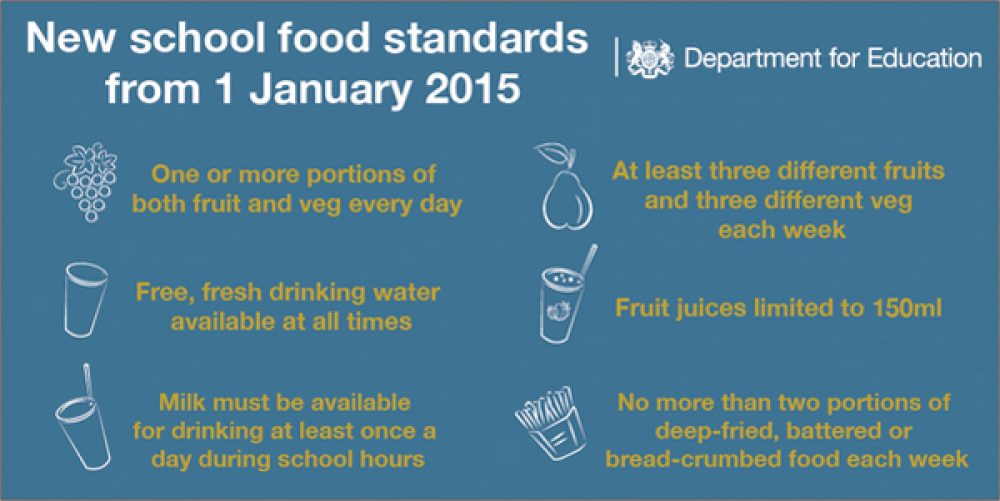Teachers are becoming increasingly concerned about caffeine and energy drinks causing bad behaviour among students, the NASUWT union has warned.
The teachers’ union is working with national drug and alcohol charity Swanswell to examine the effects that consuming energy drinks, which contain high levels of caffeine and sugar, could be having on children and young people in schools.
It comes after 13 per cent of more than 3,500 teachers who responded to the online version of the NASUWT’s Big Question survey cited use of caffeine and energy drinks among pupils as a driver of poor pupil behaviour.
Chris Keates, NASUWT general secretary, told Schools Week this morning: “This is the first time we have seen a significant number of teachers beginning to raise this as a concern.
“These drinks are becoming increasingly popular among young people and are often seen as simply like any other soft drink, but many young people and their parents are not aware of the very high levels of stimulants that these drinks contain.”
She added that teachers were becoming increasingly concerned that “some young people are using these drinks to enable them to stay up into the early hours of the morning and then replace their lost energy by drinking two or three cans of these drinks on their way to school”.
Debbie Bannigan, chief executive of Swanswell, said: “Swanswell welcomes and supports the NASUWT in opening up this important debate.
“As a provider of drug and alcohol services for young people, we’re concerned about excessive energy drink consumption.”
A Department for Education spokesperson said: “All high-sugar drinks, crisps and confectionery have been banned from sale in local authority maintained schools since 2009.
“The School Food Standards includes additional measures to limit children’s sugar intake.”
She added School Food Standards applied to all local authority maintained schools and also to academies set up prior to 2010.
“The standards were introduced in primary schools in 2008 and secondary schools in 2009 and ban the sale of crisps, confectionary and high-sugar drinks,” she said.
“Academies and free schools who have signed funding agreements from Spring 2014 will also be required to adhere to the food standards.
“The Leon Foundation is encouraging academies and free schools set up between 2010 and spring 2014 to commit voluntarily to the standards.”
Gavin Partington, British Soft Drinks Association (BDSA) director general, said: “It’s worth remembering that coffees from popular high street chains contain the same or more caffeine than most energy drinks.
“However, like all food and drink, energy drinks should be consumed in moderation and as part of a balanced diet.
“Since 2010, the BDSA has operated a code of practice which says that high caffeine content soft drinks are not recommended for children, and specifies that this information should be clearly stated on the label of such drinks. The BSDA code of practice also states that high caffeine content drinks should not be promoted or marketed to those under 16. ”







Your thoughts